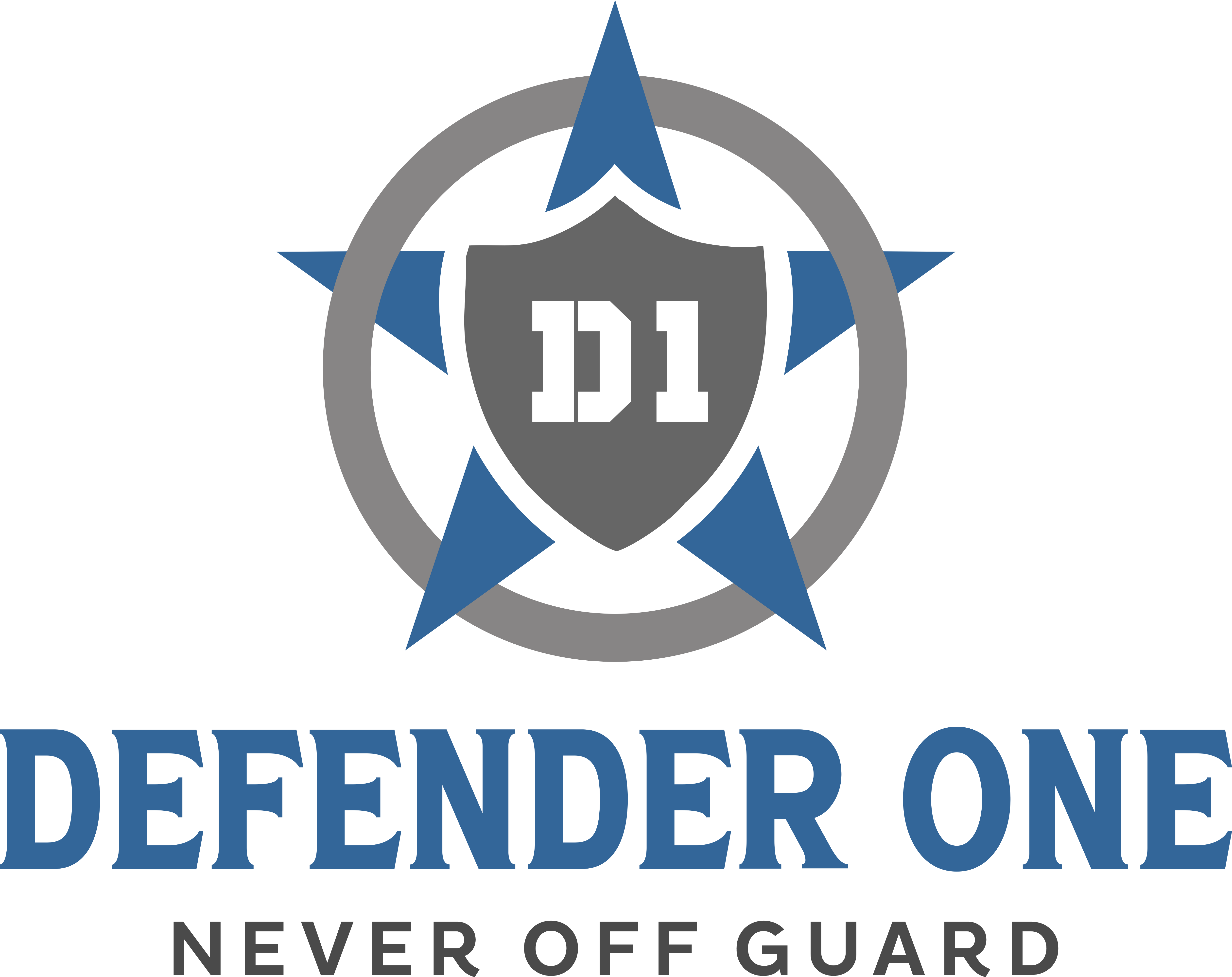Employee safety forms the backbone of a successful workplace. It goes beyond meeting regulations—it’s about fostering trust, improving morale, and enhancing productivity. Private security plays a critical role in employee safety by protecting workplaces, addressing risks, and fostering safer environments. They safeguard employees from threats, both external and internal, using advanced technologies and strategic planning. Companies that prioritize private security send a clear message: protecting their workforce is a top priority.
Why Employee Safety Drives Workplace Success
Employee safety directly impacts a company’s overall performance. Workers who feel safe are:
- More Productive: Less time is lost worrying about potential risks.
- Highly Engaged: Employees invest more effort when they feel valued.
- Loyal to the Company: Retention improves when staff trust their environment.
However, a lack of safety measures can result in legal liabilities, reputational damage, and low morale. Private security addresses these concerns proactively, reducing the likelihood of incidents.
How Private Security Improves Employee Safety
Private security firms bring expertise and tailored solutions to secure workplaces. They address various aspects of safety, including:
- Threat Prevention: Identifying risks like theft or unauthorized entry.
- Emergency Response: Swiftly managing crises such as medical emergencies or fires.
- Ongoing Monitoring: Keeping an eye on high-risk areas using patrols and surveillance.
By implementing these strategies, private security helps companies minimize vulnerabilities.
Visible Security: Building Employee Trust
Visible security measures reassure employees and deter potential threats. Trained personnel stationed at entrances or conducting patrols show that safety is a priority. Their presence reduces the likelihood of:
- Theft or vandalism.
- Workplace altercations.
- Unauthorized access by intruders.
Employees seeing visible efforts feel confident in their safety, which encourages focus and productivity. A secure workplace fosters loyalty, helping businesses build a positive culture.
The Role of Technology in Workplace Security
Private security often combines human expertise with cutting-edge technology for maximum effectiveness. Key technologies include:
- Biometric Access Controls: Restricting access to authorized individuals.
- Surveillance Cameras: Monitoring areas in real time to detect suspicious activity.
- Incident Reporting Tools: Allowing teams to quickly share and act on critical information.
For example, a corporate office might use biometric systems to prevent unauthorized entry. Meanwhile, cameras provide continuous oversight, ensuring nothing goes unnoticed.
Customized Security for Diverse Needs
Every workplace has unique safety challenges. Private security providers tailor their services to match each company’s environment. Examples include:
- Retail Stores: Reducing theft and assisting with crowd control during peak hours.
- Healthcare Facilities: Protecting staff and patients while securing restricted areas.
- Warehouses: Preventing trespassing and monitoring inventory to deter internal theft.
These customized solutions ensure businesses can focus on operations while leaving safety to the experts.
Training Employees to Enhance Safety
Security isn’t just about guards and technology; it’s also about empowering employees. Private security firms often train staff on how to respond to emergencies or recognize potential threats. Key training topics include:
- Evacuation Procedures: Helping staff leave safely during emergencies.
- Identifying Suspicious Behavior: Teaching employees how to spot potential risks.
- First Aid Basics: Equipping workers to assist during medical situations.
Training gives employees the confidence to act quickly and responsibly when faced with danger. This partnership between security professionals and staff strengthens overall safety.
The Mental Benefits of Workplace Security
Feeling secure at work isn’t just about physical safety. It also affects employees’ mental well-being. A secure environment leads to:
- Lower Stress Levels: Employees feel at ease knowing they are protected.
- Higher Job Satisfaction: Workers appreciate employers who prioritize their safety.
- Increased Trust in Leadership: Safety measures show that management values its team.
In contrast, workplaces with poor security measures often struggle with high turnover and decreased morale.
Examples of Security Success
Companies that implement private security measures often experience significant improvements. A few examples include:
- Retail Industry: A retail chain reduced theft by 35% after hiring uniformed security guards.
- Corporate Sector: An office building cut unauthorized access attempts in half using biometric controls and professional monitoring.
- Manufacturing Plants: Facilities achieved better asset protection and minimized disruptions with enhanced perimeter security.
These success stories highlight the tangible impact of professional security measures.
Emergency Response: Be Prepared for Anything
Emergencies happen when least expected, but private security teams ensure businesses are ready to act. These teams handle situations like:
- Natural disasters requiring evacuation.
- Medical emergencies needing immediate attention.
- Security breaches threatening employees’ safety.
Quick, professional responses save lives and reduce long-term disruptions. For businesses, having a skilled security team on hand is invaluable during critical moments.
Investing in Private Security: The ROI of Safety
Private security isn’t just a cost—it’s an investment that pays off. Benefits include:
- Lower Insurance Premiums: Enhanced safety measures often reduce liability costs.
- Improved Employee Retention: Workers stay loyal to companies that value their well-being.
- Enhanced Reputation: Safety-conscious businesses attract clients, partners, and top talent.
When businesses prioritize safety, they create environments that benefit everyone involved.
Conclusion
Private security is vital for employee safety, offering protection that goes beyond physical threats. From visible deterrents to advanced technology and tailored solutions, security professionals help businesses foster environments where employees feel valued and protected. As modern workplaces face evolving risks, investing in private security is not just smart—it’s essential. Businesses that make safety a priority strengthen their workforce, boost morale, and secure long-term success.

